Explore all movies appearances
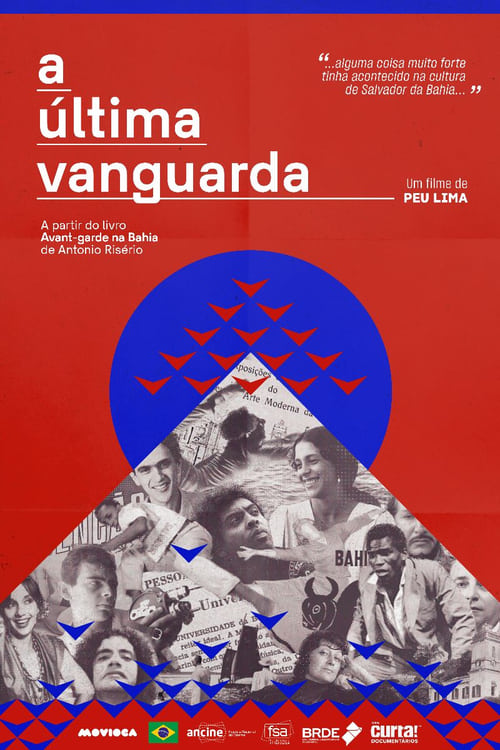
70 years ago, a visionary management in education and culture as a political strategy for the dissemination and development of Bahia gave rise to an artistic vanguard that still impacts Brazilian culture today.
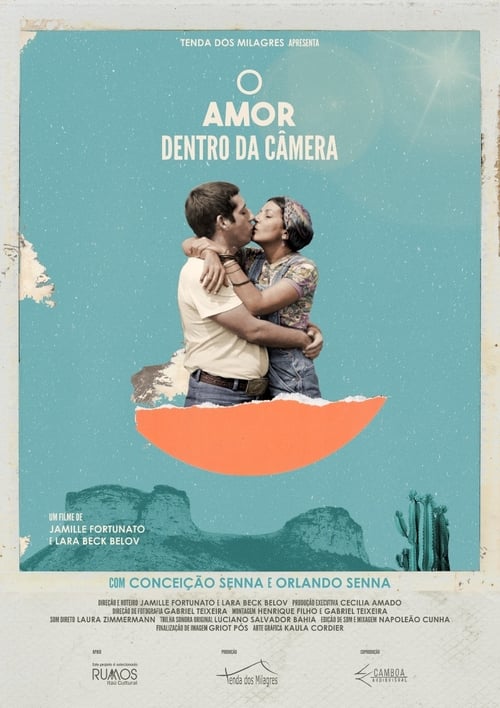
O AMOR DENTRO DA CÂMERA is an essay documentary that tells the story of Conceição and Orlando Senna, pioneers of Audiovisual, who live a romance of almost 60 years, crossed by the History of cinema and Latin America. Intimate and metalinguistic, portrayed in the warmth of the home and through archival materials, when telling a love story, it takes us through the cinematographic and political networks that have woven across the continent.
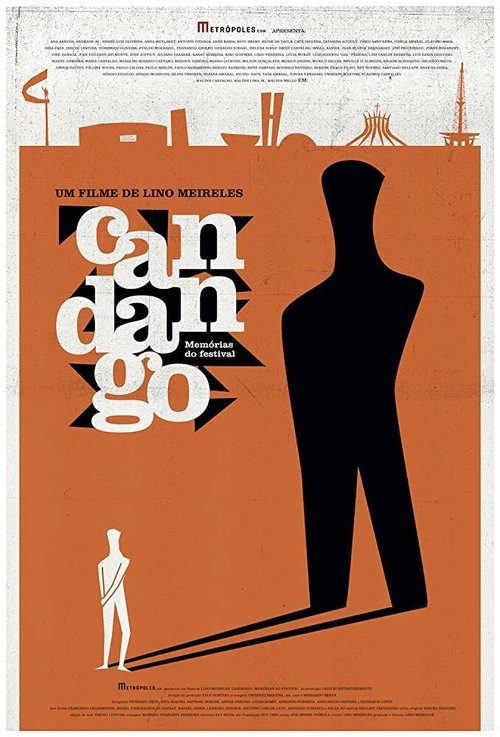
In 1965, a year after the military coup in Brazil, an oasis of freedom opened in the country's capital. The Brasília Film Festival: a landmark of cultural and political resistance. Its story is that of Brazilian cinema itself.
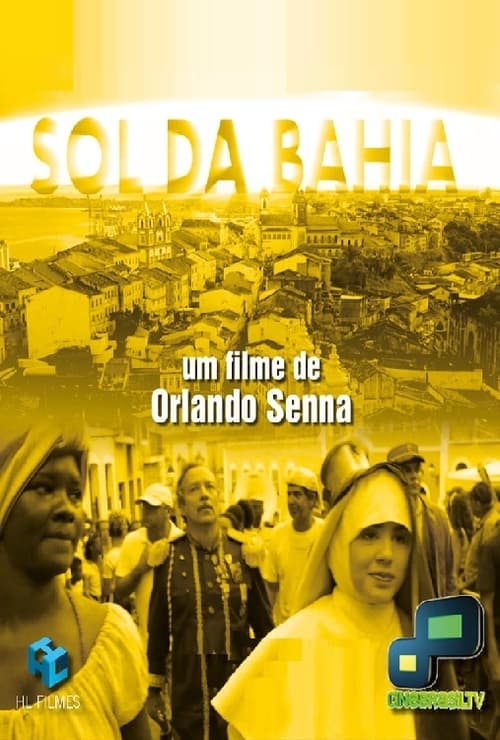
No plot available for this movie.
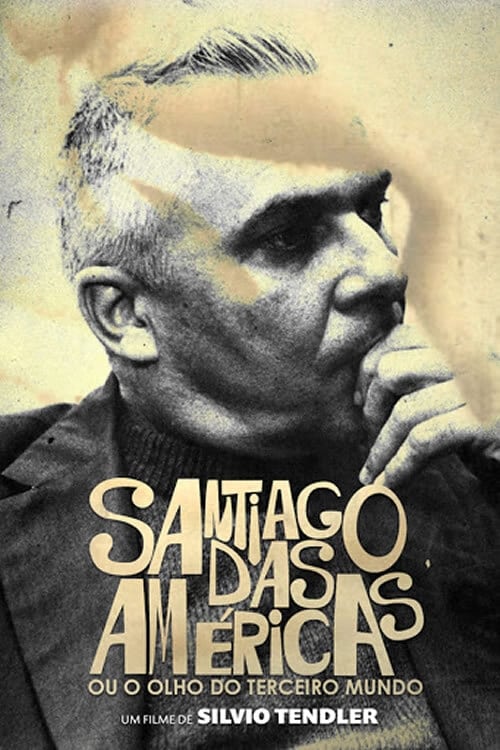
In a small island convulsed by the 1959 revolution, Santiago Álvarez used the Seventh Art as a political weapon and created an aesthetic that became a reference in the documentary field. Santiago, who called himself a permanent traveler through history, registered the most significant facts of his time, from the Cuban Revolution to the disintegration of the Soviet Block. He took to spectators from all continents a counterpoint to the history narrated by the United States Information Service, USIS. Through his works, we dive into the Cuban political and cultural scene, the tensions of Latin America, the Vietnam War, the countless conflicts for African independence, always with a peripheral look that is characteristic of his cinema, currently converted into a memory of a world in transformation.
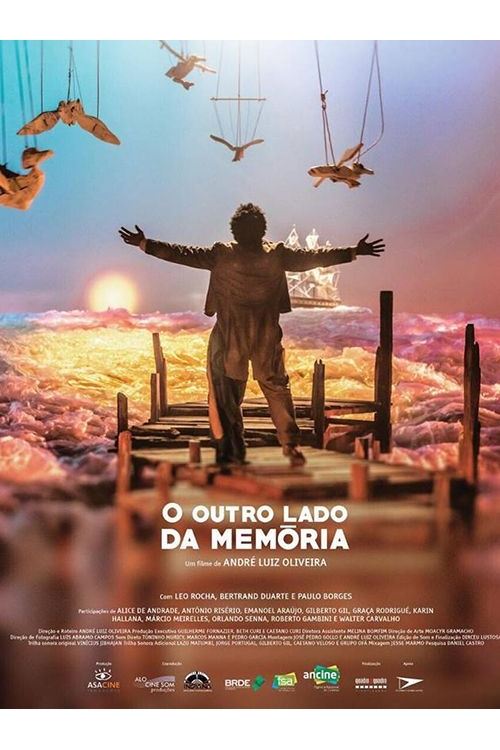
In 1996, filmmaker André Luiz Oliveira started preproduction of Viva o Povo Brasileiro, a film adaptation of the novel by João Ubaldo Ribeiro. Principal photography went on for nine years, but the production was shut down after a series of unfortunate events. This documentary retells that story, repurposing the fictional footage and chronicling the work both in front and behind the scenes.
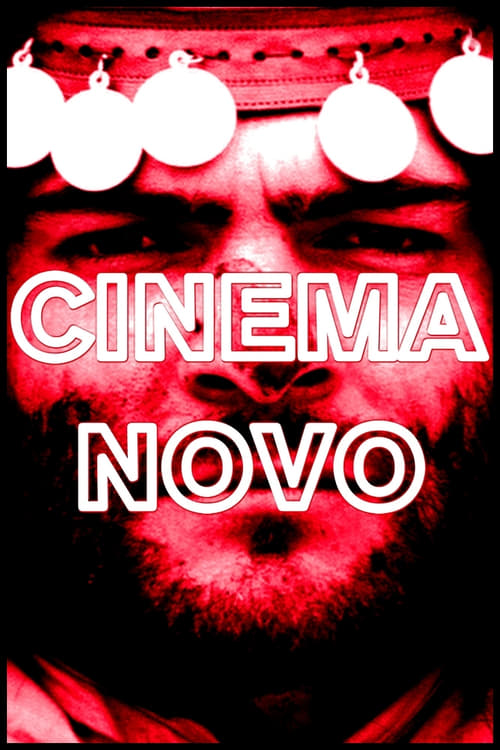
A deep investigation, in the way of a poetic essay, on one of the main Latin American movements in cinema, analyzed via the thoughts of its main authors, who invented, in the early 1960s, a new way of making movies in Brazil, with a political attitude, always near to people's problems, that combined art and revolution.
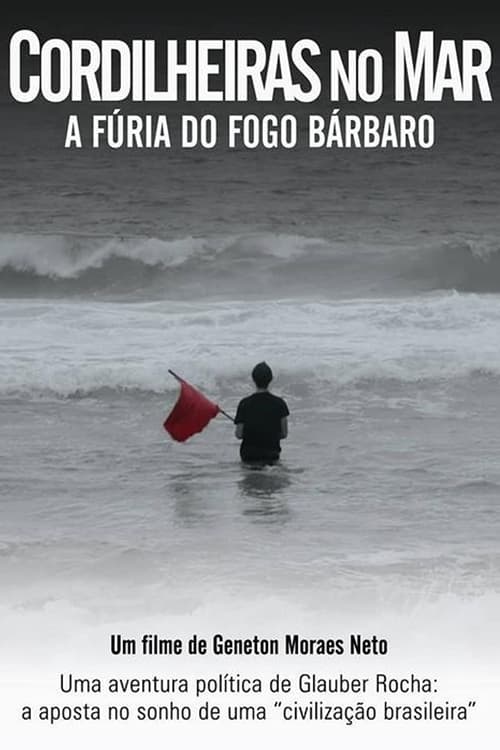
No plot available for this movie.

Since the 1970s, Roberto Pires has militated against the use of nuclear energy. For that, he went looking for the biggest Brazilian name in this subject, César Lattes, professor of Nuclear Physics at UNICAMP. Believing that nuclear energy could, in the long run, extinguish human life. With the collaboration of Orlando Senna, he writes the screenplay for the film “Abrigo Nuclear”, an ambitious production, science fiction film entirely produced and shot in Bahia. With little money, armed with his creative ability, Roberto builds a 'spaceship' and a studio in the backyard of his house. He calls children, relatives and friends and begins production on “Nuclear Shelter”, which is released in 1981. With statements by Orlando Senna, Laura Pires, Nonato Freire, among others, the documentary "Bahia SCI-FI" intends to explore the universe that surrounded Roberto Pires, Bahia and the possible nuclear war of the late 1970s and early 1970s. 1980.

No plot available for this movie.
Subscribe for exclusive insights on movies, TV shows, and games! Get top picks, fascinating facts, in-depth analysis, and more delivered straight to your inbox.